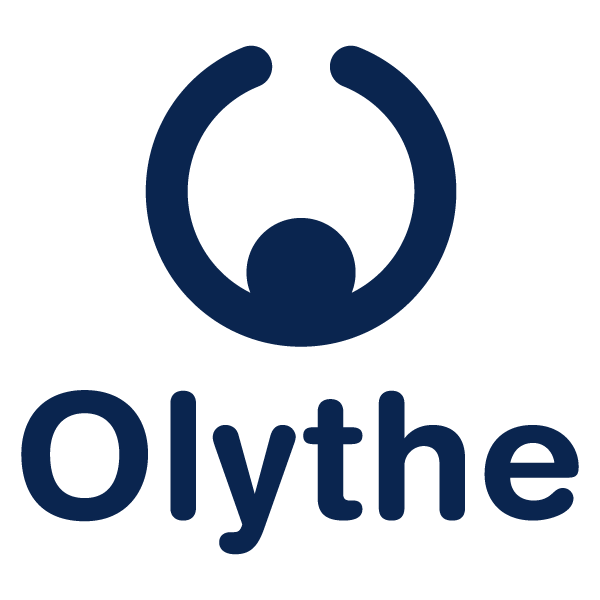Reducing methane emissions and leaks in Europe
European Commission reaches agreement on first legislation
On 15 November 2023, the European Parliament and the Council agreed on a legislative proposal to reduce methane emissions from Europe’s energy sector.
Methane, a potent greenhouse gas and the second largest contributor to climate change after carbon dioxide (CO2), poses a significant environmental challenge. The agreement reached is essential if we are to align ourselves with the objectives of the European Green Deal and achieve a reduction in net greenhouse gas emissions of at least 55% by 2030. The agreement requires the fossil gas, oil and coal industries to meet strict standards for measuring, monitoring, reporting and verifying their methane emissions. It underlines the need for immediate action to reduce methane emissions, especially as the EU prepares to engage with its international partners on this issue at COP28 in the coming weeks.
Key provision of the regulation
The regulation mandates stringent measures to address methane emissions:
- Operators are required to regularly report to competent authorities on the quantification and measurement of methane emissions at the source level, including non-operated assets.
- Oil and gas companies are obligated to conduct regular surveys of their equipment to detect and repair methane leaks within specified deadlines.
- Routine venting and flaring by the oil and gas sectors are banned, with non-routine venting and flaring restricted to unavoidable circumstances.
- Venting from thermal coal mines will be limited starting in 2027, with stricter conditions enforced after 2031.
- Companies in the oil, gas, and coal sectors must conduct an inventory of closed, inactive, plugged, and abandoned assets to monitor emissions and develop mitigation plans promptly.
The Regulation broadens its scope to encompass methane emissions associated with imports of oil, gas, and coal. This includes establishing a methane transparency database to ensure accessibility of methane emissions data from importers and EU operators to the public. Additionally, Commission-mandated methane performance profiles of countries and companies will facilitate informed decision-making for importers regarding energy imports. Furthermore, the Regulation mandates the implementation of a global methane emitters monitoring tool and a rapid alert mechanism for super-emitting events, both within and outside the EU. Lastly, new import contracts for oil, gas, and coal from January 2027 will be required to conform to the same monitoring, reporting, and verification standards as EU producers.
Integration of NDIR gas sensors: A key advance in the measurement of methane emissions
Within the framework of these regulations, the introduction of NDIR (Non-Dispersive Infrared) gas sensors represents a significant advance in the accurate measurement of methane emissions. NDIR sensors offer a reliable and accurate method of quantifying methane concentrations in the atmosphere, enabling continuous monitoring of emissions. By integrating these sensors into industrial facilities and power generation equipment, we can improve the transparency and accuracy of methane emissions reporting, contributing to more effective management and proactive reduction of these emissions.

Discover our methane analysis sensor
OCISense is an infrared spectrometer that measures methane emissions and leaks.
- Fast and reliable measurements
- High selectivity and few interferences
- Thermally stabilized tank to sample in wet gases
- Durability: long-term precision and reliability
- Low power consumption
